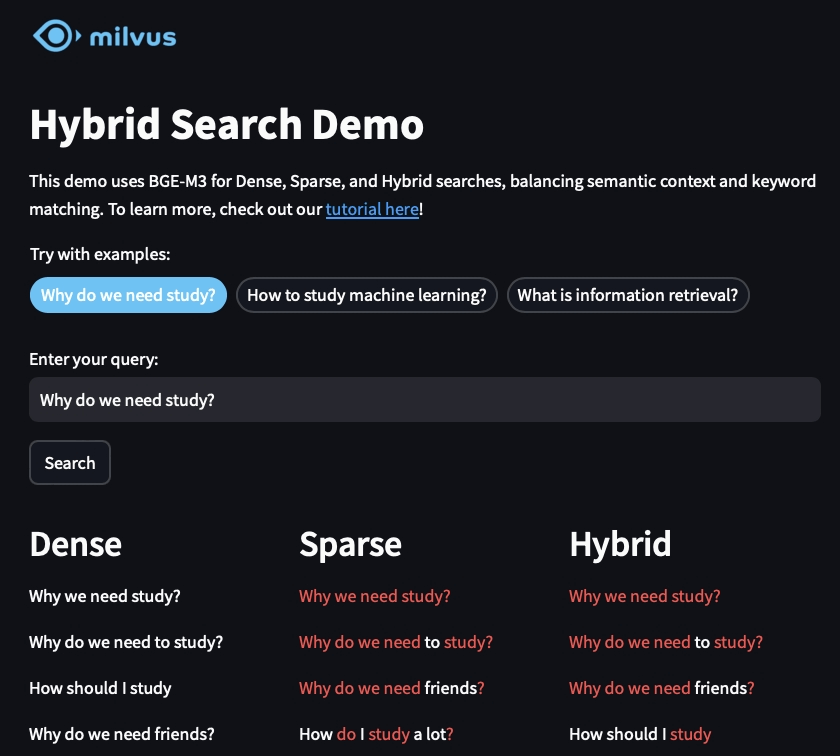Embeddings optimize long-tail search by enabling semantic understanding of queries and content, even when keyword overlap is minimal. Long-tail searches—specific, less common phrases like "affordable wireless headphones with noise cancellation"—often lack exact matches in a dataset. Traditional keyword-based systems struggle here because they rely on literal term matching. Embeddings, which represent words or phrases as dense vectors in a high-dimensional space, capture contextual relationships between terms. For example, “noise cancellation” might map closer to “active noise control” than to unrelated terms. This allows search systems to surface relevant products or articles even if the exact query terms aren’t present in the indexed content.
A key advantage is how embeddings handle sparse or ambiguous data. Long-tail queries often include niche terms or unconventional phrasing that rarely appear in training data. Embeddings mitigate this by grouping semantically similar concepts in vector space. For instance, a query like “how to fix a phone that won’t charge” might match content discussing “troubleshooting USB port issues” because their vector representations are close. Developers can implement this using pre-trained models (e.g., BERT, Word2Vec) or custom-trained embeddings tailored to their domain. By converting both queries and documents into vectors, a search system can rank results using similarity metrics like cosine similarity, prioritizing content that aligns with the query’s intent rather than just its keywords.
Embeddings also improve personalization and efficiency. For example, in e-commerce, a user searching for “durable shoes for hiking” might have their click history embedded alongside product descriptions. This allows the system to prioritize results based on both the query’s semantics and the user’s behavior. Additionally, vector databases (e.g., FAISS, Annoy) enable fast similarity searches across large datasets, making it practical to handle long-tail queries at scale. By reducing reliance on exact keyword matches and focusing on contextual relevance, embeddings make search systems more adaptable to diverse, infrequent queries while maintaining performance.
